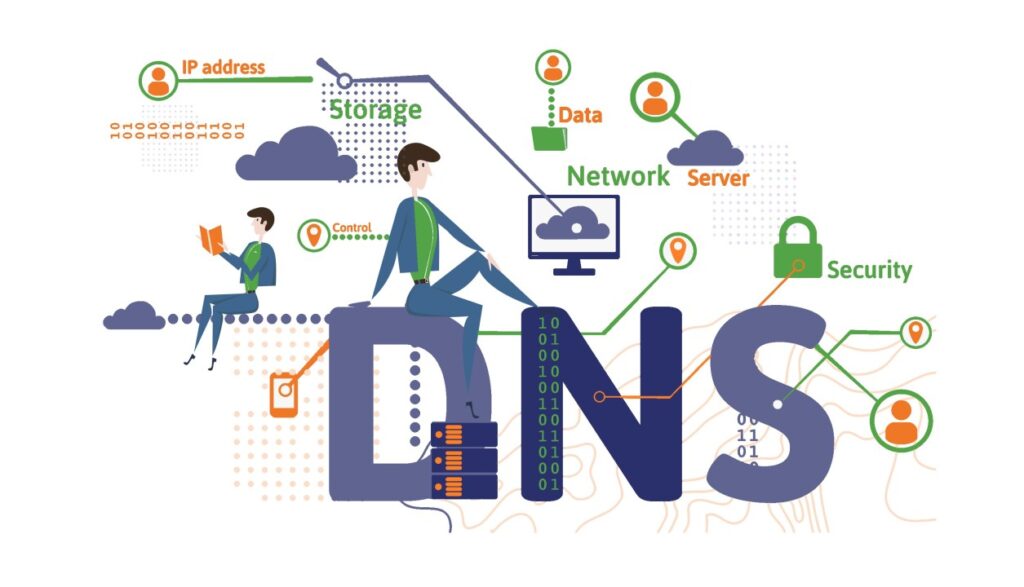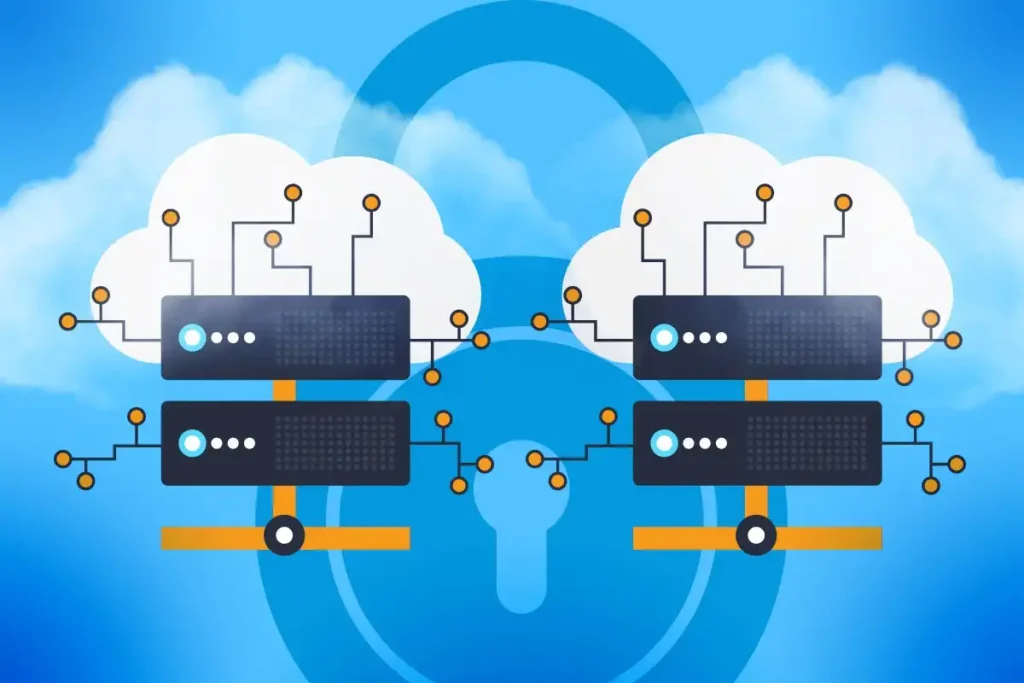
In the era of cloud computing, businesses are increasingly relying on cloud services to enhance efficiency and scalability. However, as organizations migrate their operations to the cloud, new challenges arise, especially concerning the security of critical components like the Domain Name System (DNS).
In this exploration of DNS security in the cloud, we’ll delve into the challenges faced and present viable solutions for a more secure cloud environment.
Table of Contents
Understanding the Significance of DNS Security in the Cloud
The DNS is a foundational component of internet connectivity, translating human-readable domain names into machine-readable IP addresses. As businesses embrace cloud technologies, the DNS infrastructure becomes even more critical.
It serves as the backbone for connecting users to cloud applications, making its security paramount in safeguarding sensitive data and ensuring the continuous operation of essential services.
Solutions for Strengthening DNS Security in the Cloud

Source: linkedin.com
1. Implement DNS Filtering
DNS filtering emerges as a potent solution to enhance security in the cloud. By strategically configuring DNS filtering policies, organizations can control access to websites and applications, blocking malicious content and potential threats. This proactive measure adds a layer of defense against malware, phishing attacks, and other cyber threats.
2. Utilize Cloud-Native Security Solutions
Embracing cloud-native security solutions designed specifically for dynamic cloud environments is crucial. These solutions leverage the cloud’s inherent capabilities, providing real-time threat intelligence, automated scaling, and rapid response to security incidents.
3. Regularly Audit and Monitor DNS Traffic
Continuous monitoring of DNS traffic is imperative in a cloud environment. Regular audits help identify suspicious activities and potential security incidents. By leveraging advanced analytics and machine learning, organizations can detect patterns indicative of cyber threats, allowing for swift response and mitigation.
4. Implement Zero Trust Principles
Adopting a Zero Trust security model is vital in a cloud-centric landscape. This approach requires organizations to verify and authenticate every user, device, and application attempting to connect to the network, reducing the risk of unauthorized access and potential data breaches.
5. Stay Informed and Collaborate
Cloud security is a dynamic field, and staying informed about emerging threats is crucial. Collaborating with the broader cybersecurity community, participating in forums, and sharing insights contribute to a collective effort to bolster the security of cloud-based DNS infrastructure.
The Challenge of Ensuring DNS Security in a Cloud Environment

Source: csoonline.com
1. Increased Attack Surface
The shift to cloud services expands the attack surface for potential cyber threats. Traditional on-premises security measures may not be sufficient to protect against the evolving tactics of malicious actors targeting DNS vulnerabilities. If you use a good web hosting service, they will cover these for you.
2. Dynamic Nature of Cloud Environments
Cloud environments are dynamic, with resources constantly scaling up or down based on demand. This dynamic nature poses challenges in maintaining consistent DNS security policies and monitoring for potential anomalies.
3. Dependency on Service Providers
Many organizations rely on third-party cloud service providers for DNS resolution. While these providers offer scalability and reliability, they also introduce a level of dependency, requiring organizations to trust the security measures implemented by the service provider.
Conclusion ─ Navigating the Cloud Safely
In conclusion, DNS security in the cloud presents both challenges and opportunities for organizations seeking to safeguard their digital assets. By understanding the unique risks associated with cloud environments and implementing proactive solutions, businesses can navigate the cloud securely.
DNS filtering, cloud-native security solutions, regular monitoring, Zero Trust principles, and collaborative efforts all play pivotal roles in creating a robust defense against the ever-evolving landscape of cyber threats in the cloud. As organizations continue to embrace cloud technologies, prioritizing DNS security remains paramount for ensuring a resilient and secure digital future.








